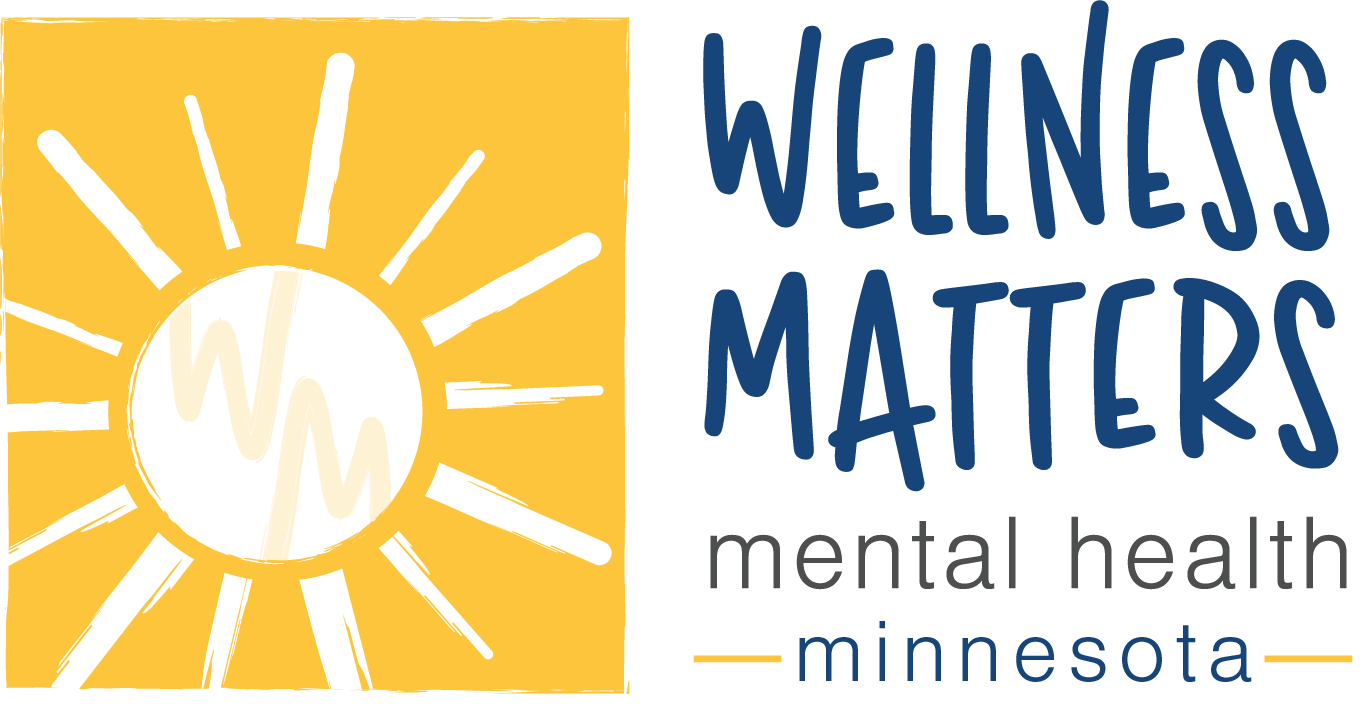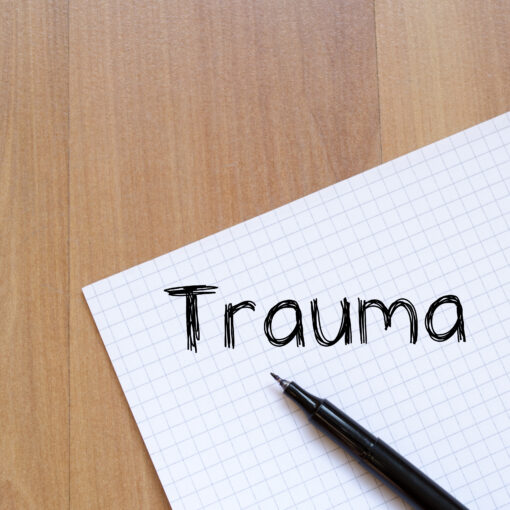How to Watch for the Signs of PTSD in First Responders
First responders are viewed as heroes for a good reason. They run toward danger instead of away from it. They help people in need. Often, they put their own lives on the back burner to take care of others, especially in emergency situations.
It should come as no surprise that first responders are often at a greater risk of developing mental health issues. They have to see and experience things on a regular basis that most people don’t have to deal with in a lifetime. It’s not uncommon for first responders to struggle with the effects of trauma. That includes suffering from symptoms of PTSD.
Unfortunately, so many first responders don’t get the help they need or deserve, either because they don’t recognize the signs or they choose to ignore them. If you regularly put your life on the line or you know someone who is a first responder, recognizing the signs of PTSD can make a big difference.
Shutting Down About Past Events
One of the biggest signs of PTSD in a first responder is the inability to talk about past traumatic events. Maybe you’re an EMT who was with a child that lost their life on the way to the hospital. Maybe you’re a firefighter who couldn’t save a family from a house fire. Whatever the case, if you’re not able to talk about these tragic events and you try to block them from your memory, it could be a sign of something deeper going on. That doesn’t mean those traumatic thoughts should always flood your mind. But, an inability to open up about them is a defense mechanism. Unfortunately, it’s one that only works for so long.
Memories and Flashbacks
Not everyone is able to block out the bad memories and traumatic things they’ve seen and experienced. Some people experience intense flashbacks, memories, and dreams that can seem very realistic. When these flashbacks start to interfere with your everyday life, it’s a problem. Intrusive thoughts can be very hard to control once they take over, and they could seriously hinder your quality of life, causing constant fear and worry.

Feeling Guilty or Worthless
PTSD often comes with feelings of shame or guilt. If you’re struggling with guilt, or you feel like you’re worthless—both at work and in your personal life—it could be a serious sign of PTSD. First responders aren’t immune to that. This can be an especially prominent symptom after “losing” someone on the job. Maybe you couldn’t save everyone or a life was lost before you arrived on the scene. That kind of trauma can create negative, invasive thoughts that can destroy your self-esteem.
Loss of Interest
PTSD can cause you to lose interest in things you once enjoyed. You might find yourself staying home more often, withdrawing from hobbies and things you love, and struggling to find joy in anything you do. It’s also not uncommon to withdraw from the people you love. Some of that can have to do with guilt and shame.
Or, you simply might feel so weighed down with fear and flashbacks that you have difficulty being around others—especially when it could lead to a triggering situation. As a first responder, you must remind yourself that you’re only human. You might be used to running toward danger and helping others, but that doesn’t mean you won’t sometimes need help, too.
Watch for these signs of PTSD—either in yourself or in others in this line of work. The sooner you’re able to spot those common signs, the sooner whoever is struggling can get the help they deserve to break free from the chains of trauma.

Wellness Matters has therapists who specialize in helping people with managing trauma and PTSD. Katherine (Kat) is one of these therapists. She understands that life is complicated and focuses on helping you sort out your dreams and hopes. She will assist you in realizing your own power for a positive, empowered life.
Feel free to contact Wellness Matters to set up an appointment. You can connect with the Wellness Matters Intake Coordinator by texting or calling 218-616-1276.
At Wellness Matters, the intake process is all on-line and can be done in less than fifteen minutes. On-line appointments make it possible to attend appointments from the comfort from your home or office. In-person services may also be available for people living in northern MN.



